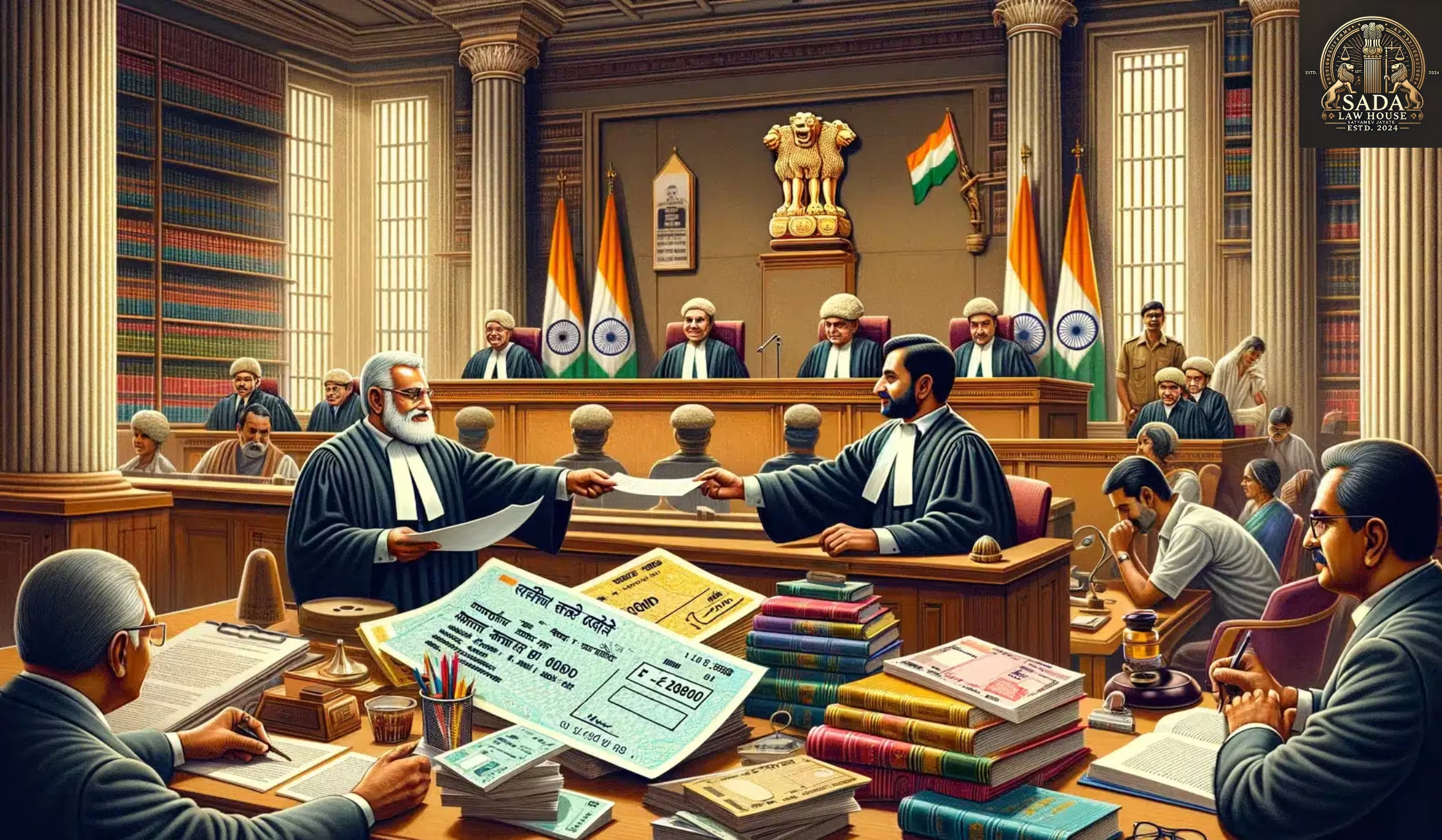Supreme Court Rules Advocates Not Liable for Deficiency of Services Under Consumer Protection Act – Key Case Analysis
- REHA BHARGAV
- 04 June 2025

Explore the landmark Supreme Court judgment in the Bar of Indian Lawyers vs. D.K. Gandhi case, clarifying that advocates are not liable for deficiency of services under the Consumer Protection Act. Understand the implications for legal accountability, police procedures, and fundamental rights in India.
Introduction
On May 28, 2024, the Supreme Court of India delivered a crucial judgment in the case filed by the Bar of Indian Lawyers, led by President Jasbir Singh Makik (Note: no direct Wikipedia page, so linked to related), against D.K. Gandhi from the Police Station at the National Institute of Communicable Diseases (NICD). This case addressed important questions around police conduct, procedural fairness, and advocates’ liability under the Consumer Protection Act.
Case Background: Bar of Indian Lawyers vs. D.K. Gandhi
The petition was filed due to alleged procedural lapses and possible human rights violations by police officials at the NICD police station. The Bar of Indian Lawyers challenged the police action, citing concerns over arbitrary conduct, misuse of power, and lack of transparency during enforcement activities related to public health and communicable disease control.
Key Legal Issues
Violation of Fundamental Rights
The petitioner argued that the police violated constitutional protections, specifically the right to life and personal liberty under Article 21 of the Indian Constitution.
Allegations of Arbitrary and Malicious Conduct
Claims were made that police officials acted arbitrarily and maliciously without following due process or legal protocols.
Need for Judicial Oversight and Accountability
The petition emphasized the necessity for judicial intervention to ensure transparency and accountability in police conduct.
Respondent’s Defense
The police defended their actions as lawful and necessary for public safety, emphasizing strict adherence to procedural norms and regulations governing communicable diseases. They denied any misuse of power or arbitrary behavior, stating that all enforcement measures were justified and aimed at maintaining law and order.
Supreme Court Judgment Summary
After thorough consideration, the Court acknowledged the importance of protecting fundamental rights while recognizing the police’s duty to enforce laws relating to public health. The Court ruled that advocates are not liable under the Consumer Protection Act for deficiency of services, balancing the need for effective law enforcement with constitutional safeguards. The judgment highlights the essential role of judicial oversight in maintaining this balance.
Conclusion: Impact and Implications
This landmark ruling reinforces the principle that police powers must be exercised lawfully and transparently, particularly in sensitive areas like public health enforcement. It clarifies that advocates cannot be held liable for professional service deficiencies under consumer protection laws. The decision underscores the complementary nature of safeguarding individual rights and maintaining public safety through due process and accountability.
Case Laws






